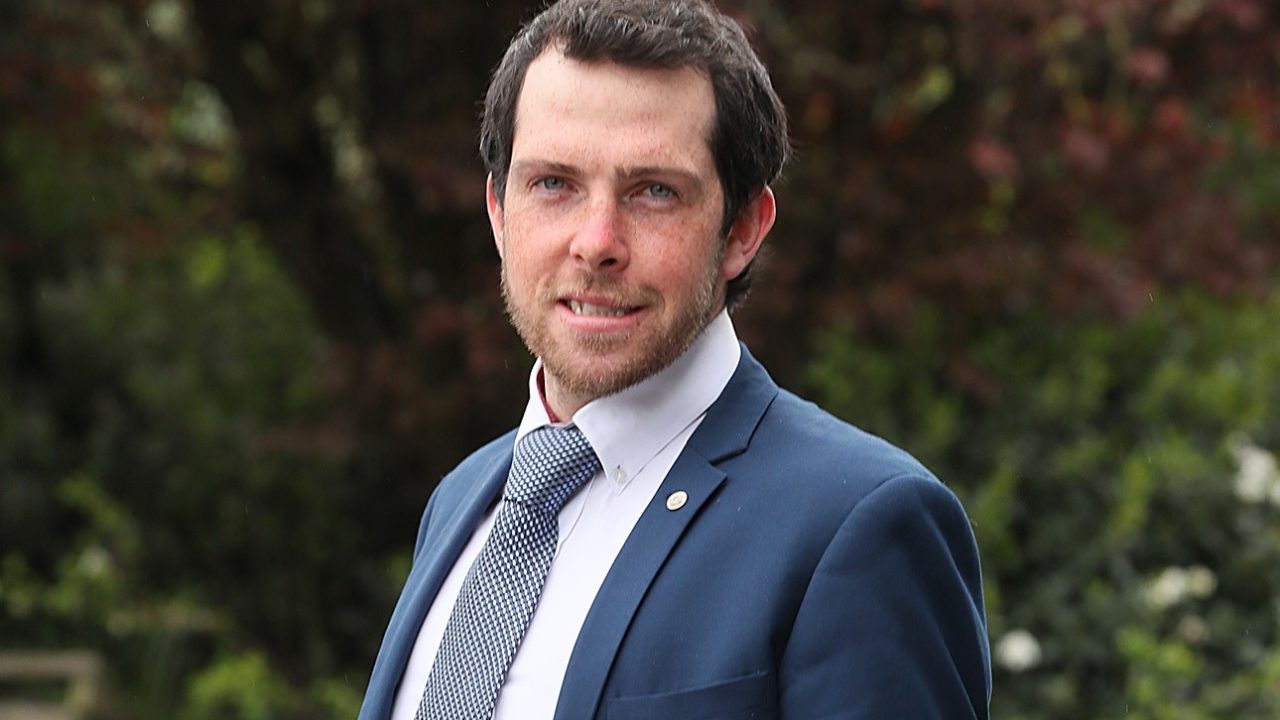Macra na Feirme’s president John Keane has expressed concern for the security of Ireland’s farm family model, following the introduction of a 25% emissions reduction target for agriculture last week.
The sector must now cut its emissions by 25% relative to 2018 levels by 2030, following an agreement by Cabinet on Thursday (July 28), after lengthy negotiations.
Keane has criticised the agreement and said that it was made “without any plans in place as to how farmers can deliver this target”.
“Macra has not seen any governmental economic impact assessment, outlining how a reduction of 25% will affect the rural economy and the individual family farms that will be expected to deliver this target,” he said.
The Macra president referred to the Climate Action Plan, which recommends that the “special economic and social role of agriculture, including with regard to the distinct characteristics of biogenic methane” should be considered when setting targers.
Keane said that this has not been detailed in any document that farmers can see and neither has the process of achieving the 25% ceiling.
“Farmers can deliver significant emissions reductions in agriculture but can also mitigate emissions in other sectors such as energy and transport, all of which must be reflected in the agricultural inventory,” he added.
There has been significant concern from multiple farm organisations that the actions that will be taken by farmers such as the installation of solar panels or the growth of forestry, won’t contribute to the agriculture sector’s target.
“We now have an arbitrary figure with no agreed science based pathway to achieving this target that ensures farm viability and allows young people to enter the sector,” said Keane.
“A detailed plan with substantial funding for its delivery is lacking and farmers are failing to see the much talked about just transition in action for farm families,” he concluded.
